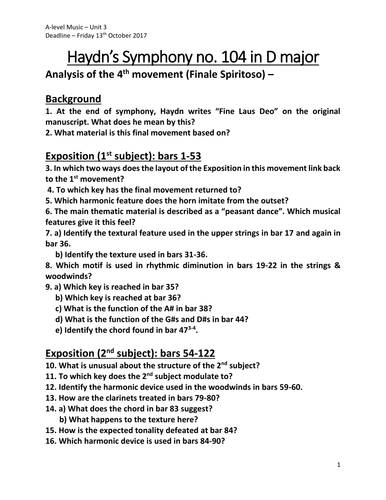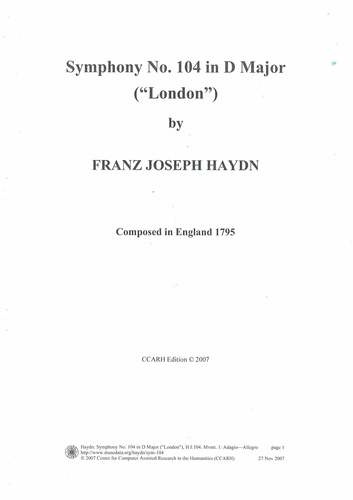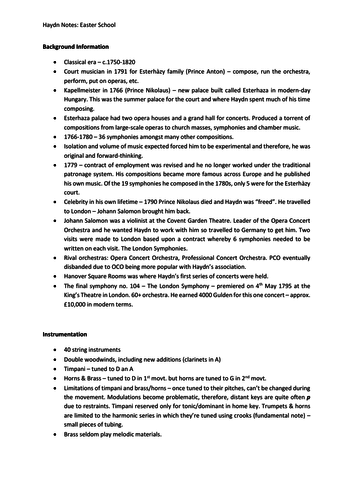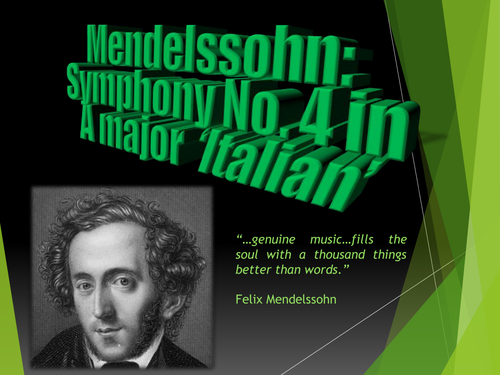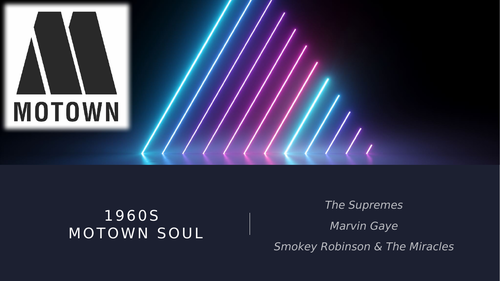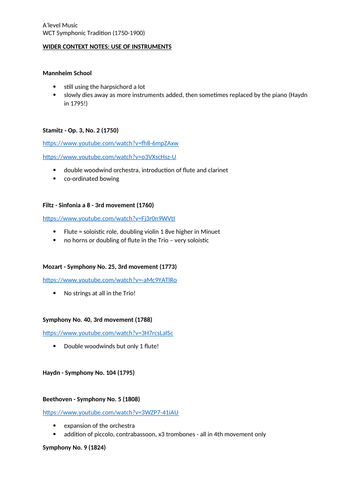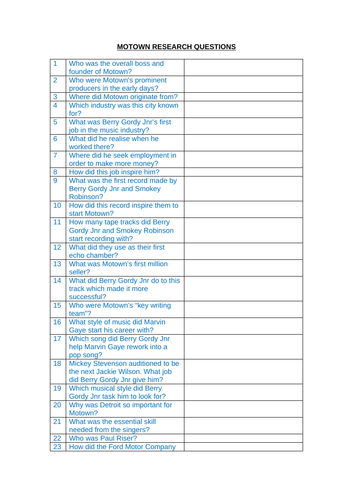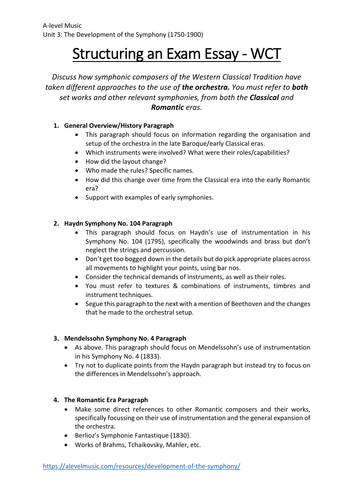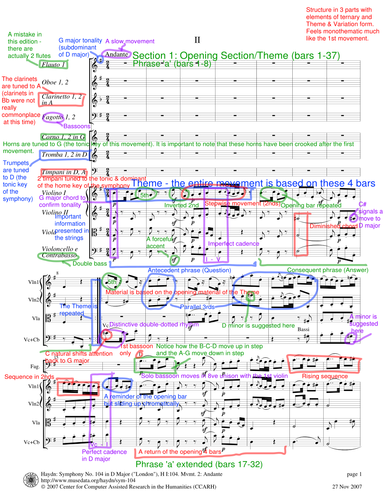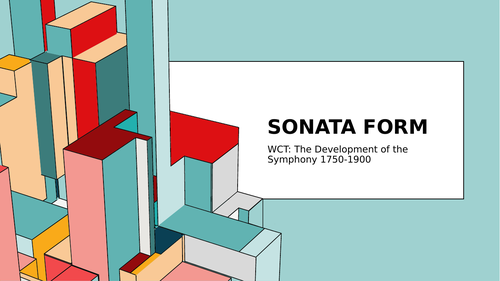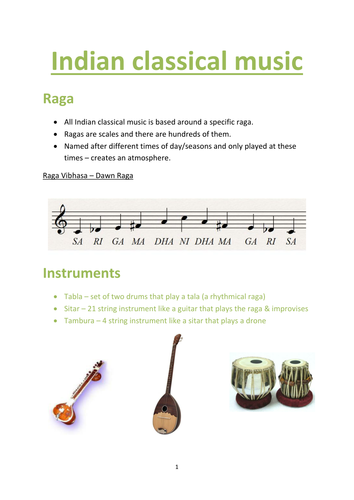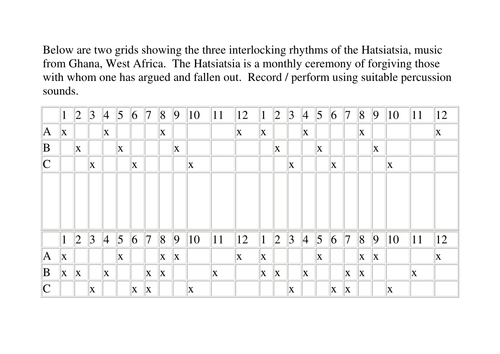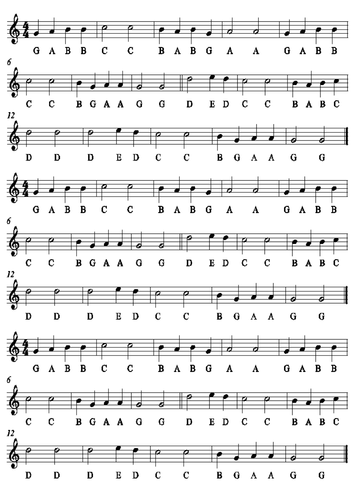Carisse' A-level Music Shop
Carisse is an experienced teacher of A-level Music and Vocational Music, and is currently Head of Music at a sixth form college in the North West of England. She has examining experience in A-level Music, specifically for coursework and specialises professionally in both performance and music analysis. Carisse has also been a Subject Advisor for Pearson, examining for both the NQF Level 1/2 BTEC Award in Music and the QCF Level 3 BTEC in Music.







